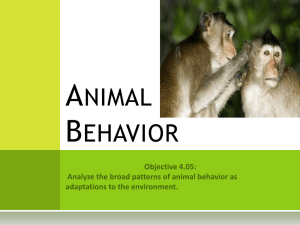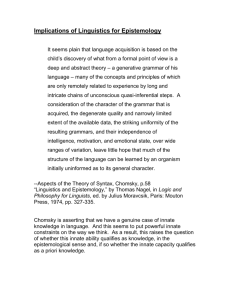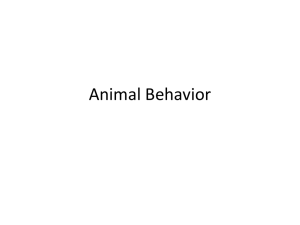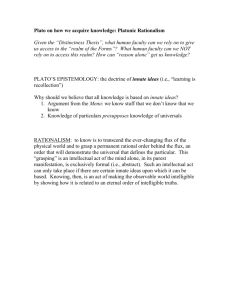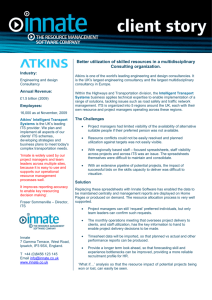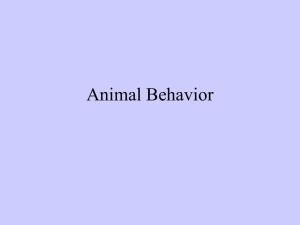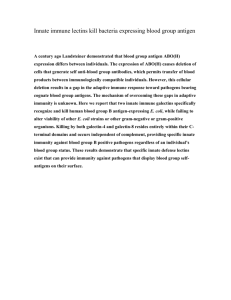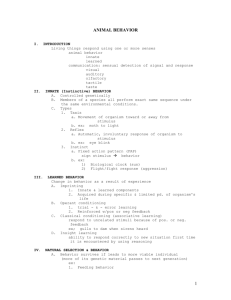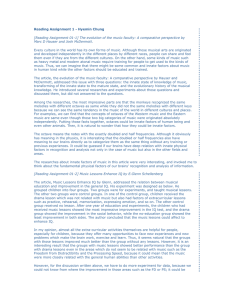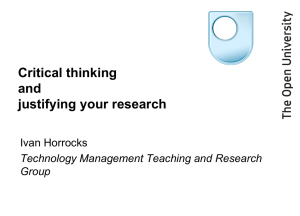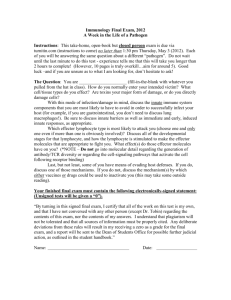Fundamental Goal in Teaching - The Critical Thinking Community
advertisement
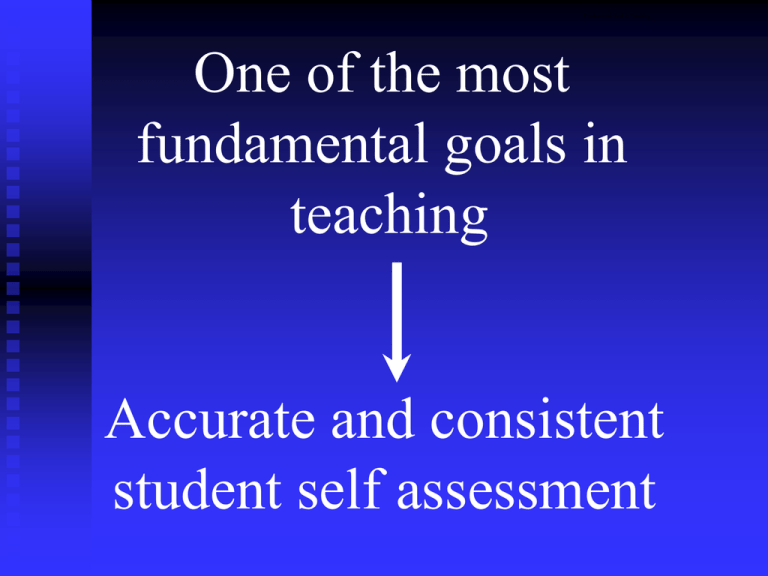
Fundamental Goal in Teaching One of the most fundamental goals in teaching Accurate and consistent student self assessment Standards of Reasoning Clarity: Understandable, the meaning can be grasped Accuracy: Free from errors or distortions, true Precision: Exact to the necessary level of detail Relevance: Depth: Relating to the matter at hand Containing complexities and interrelationships Breadth: Involving multiple viewpoints Logic: The parts make sense together, no contradictions Significance: Fairness: Standards of Reasoning Focusing on the important, not trivial Justifiable, not self-serving (or egocentric) CLARITY 1. State: give a brief explanation 2. Elaborate: expand on your explanation 3. Illustrate: use metaphor, analogy, picture 4. Exemplify: give a concrete example Intellectual Standards and Teaching Make a list of the standards that are used in your discipline. Then make a list of ways in which you can better bring the intellectual standards into instruction. Instead of Intellectual standards, what are the standards people most often use in their thinking? Standards Typically Used in Thinking “It’s true because I believe it” (innate egocentrism) “It’s true because we believe it” (innate sociocentrism) “It’s true because I want to believe it” (innate wish fulfillment) “It’s true because I have always believed it.” (innate self-validation) “It’s true because it is in my selfish interest to believe it.” (innate selfishness) Categorize these typical student beliefs. Learning should be fun. Learning should be easy. If I do what the teacher says, that’s all that matters. All I need to do is the absolute minimum to get an A. Learning means doing what the teacher says. I shouldn’t have to waste my time learning anything I can’t use. Whatever our culture believes is important is important. Cheating to get by is fine because all I need is the piece of paper (the college degree) to get a job anyway. I believe that learning biology is a waste of my time. I believe in creationist theory.
